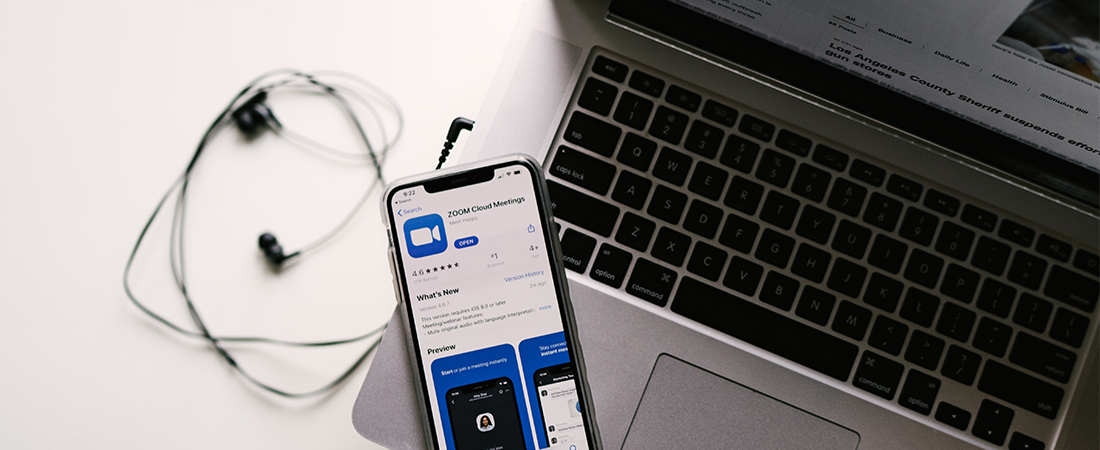On June 15, the National Coalition Against Censorship, the Foundation for Individual Rights in Education (FIRE), and PEN America joined in protesting Zoom’s decision to close the account of Humanitarian China, a U.S.-based nonprofit that promotes the development of human rights in China. Zoom acted at the request of Chinese officials who wanted to suppress a virtual meeting commemorating the anniversary of the June 4 massacre at Tiananmen Square.
Zhou Fengsuo, the founder of Humanitarian China, told Axios that Zoom did not respond to his messages asking for the company to reverse its June 7 cancellation of his account.
After media outlets began reporting on the matter, Zoom restored the account, but told The Washington Post, that meetings that included participants in China could impact accounts outside of China.
This raised obvious questions, particularly in the current virtual state of higher education. Over 350,000 Chinese students were enrolled last year in U.S. colleges and universities, and many have now returned to China and may need to use Zoom to continue their classes. Given this context, would US-based educators have to self-censor in order to comply with Chinese censorship laws? Could their accounts be removed for teaching material banned in China?
On June 11, Zoom issued a new statement responding to some of these concerns, claiming that they will no longer remove accounts outside of China based on requests from the Chinese government. However, questions still remain about the impact Zoom’s actions will have on higher education. It is unclear if these institutions can still rely on Zoom as an educational platform to reach all of their students.
For this reason, NCAC, FIRE, and PEN sent a letter to Zoom asking these questions:
- Will users be notified if other participants are removed from meetings based on the content expressed?
- Will Zoom provide detailed reports of why users are removed from meetings so that educators can know what would disrupt student access to class? And will Zoom make public all requests that are not granted as well?
- Will Zoom actively monitor events that seemingly have the potential to violate local censorship laws?
- As a company that advertises its product specifically to higher education institutions, can Zoom still credibly serve that purpose if users will be blocked for taking part, or being present, in basic academic discussion? Can Zoom commit to not removing students from university or faculty-hosted academic events?
As Zoom surges in popularity, educators and users deserve to know whether the service will defend their right to freely express their ideas and opinions, without fear of political interference. Zoom must recognize that “adherence to local law” cannot be used as a justification for enabling censorship.
The full letter is available here.


